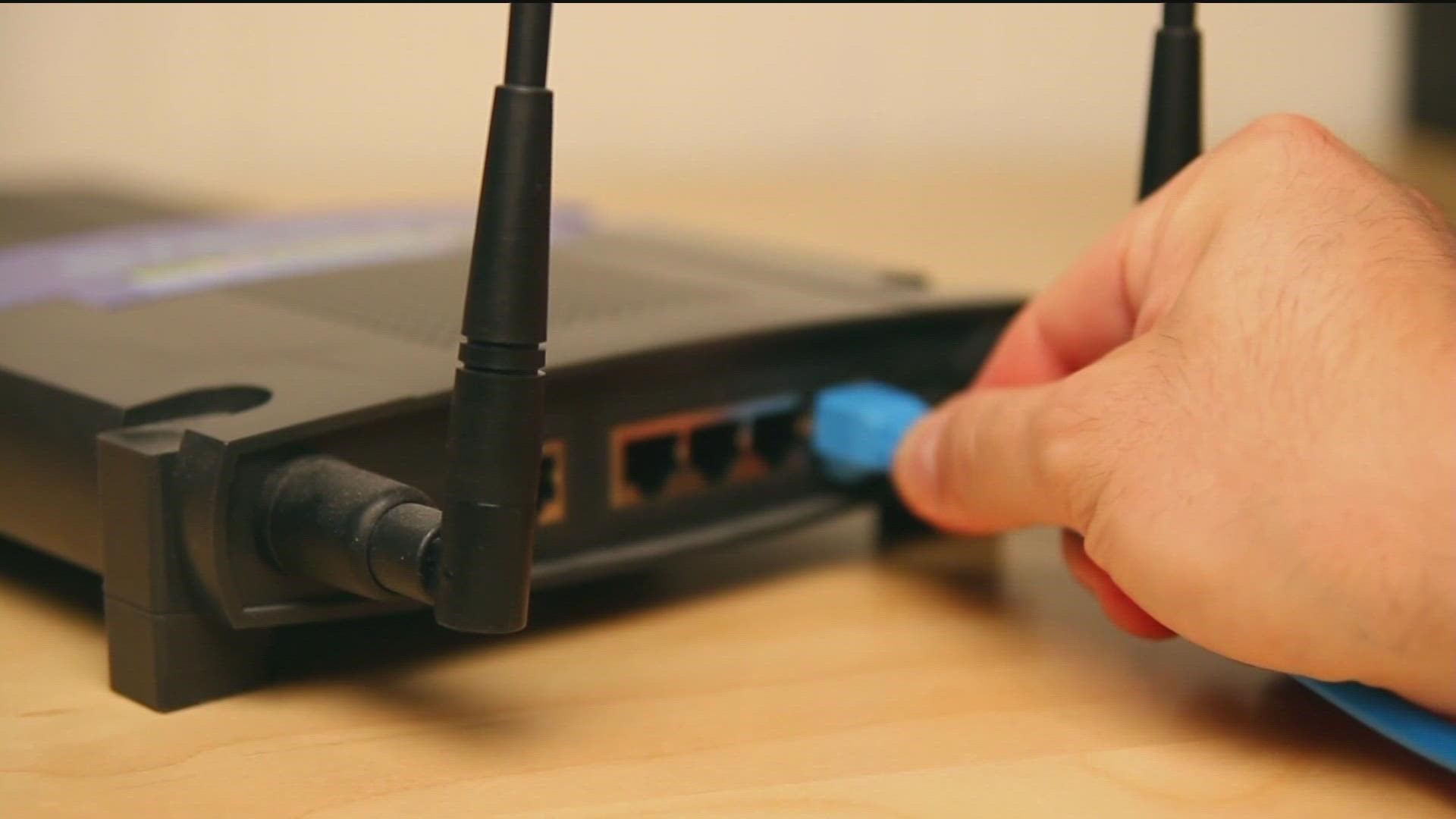SAN DIEGO — Thousands of local families could see their internet bills wiped out.
On Monday, President Biden unveiled a new program that would not only expand high-speed internet access, but bring down the cost for eligible San Diegans to only $30 a month: a charge that the federal government would then cover.
The President's plan is part of the trillion-dollar infrastructure package that was passed last year.
Twenty internet service providers are also on-board, committed to this new 'Affordable Connectivity Program'.
"The digital divide is a huge concern among pockets of our community with kids," said Brian Pollard, CEP of the Urban Collaborative Project in San Diego, a non-profit that is working hard to help bridge that divide.
That divide has locally impacted some rural communities, especially on tribal lands, as well as under served neighborhoods, including most of the communities south of I-8, according to Pollard.
Nationwide, about 48 million households would be eligible for $30 monthly plans for high-speed internet service, which would be fully paid for by the federal government.
"If you qualify, you're going to get a $30 credit per month toward your bill which for most folks, means they'll get on for nothing," President Biden explained, as he introduced his plan.
There are income eligibility guidelines for this program:
For a single person, there's an annual income limit of $27,180; for a family of two the limit is $36,620; three people: $46.060; and a family of four can not make more than $55,500 a year.
You can also qualify if you're already eligible for a number of federal programs, including SNAP, WIC, the National School Lunch Program, or Medicaid.
"I think that this is beautiful!" said Ruben Cabrera, who is with the local non-profit Pillars of the Community.
He is excited about this new federal initiative, after working with local families to try to connect them with affordable internet service during the height of the pandemic.
He witnessed kids who were struggling to learn on-line at home.
"Our kids were just at home, stagnant," he said, "and they were not learning."
Cabrera added that the need for reliable connectivity is dire, especially in larger households where more users are competing for limited bandwidth, and when higher-speed service has financially been out of reach.
"Who wouldn't be frustrated with children being at home, and you can't afford it, and you can't give them what they need?" he told CBS 8.
Brian Pollard of the Urban Collaborative Project is hopeful that this program will eventually expand.
"I think the bigger picture of what we're trying to do is make internet more of a right than it is a privilege," he added.
WATCH RELATED: Your Money: Wealth advisor discusses your future investments and more (May 2022)

